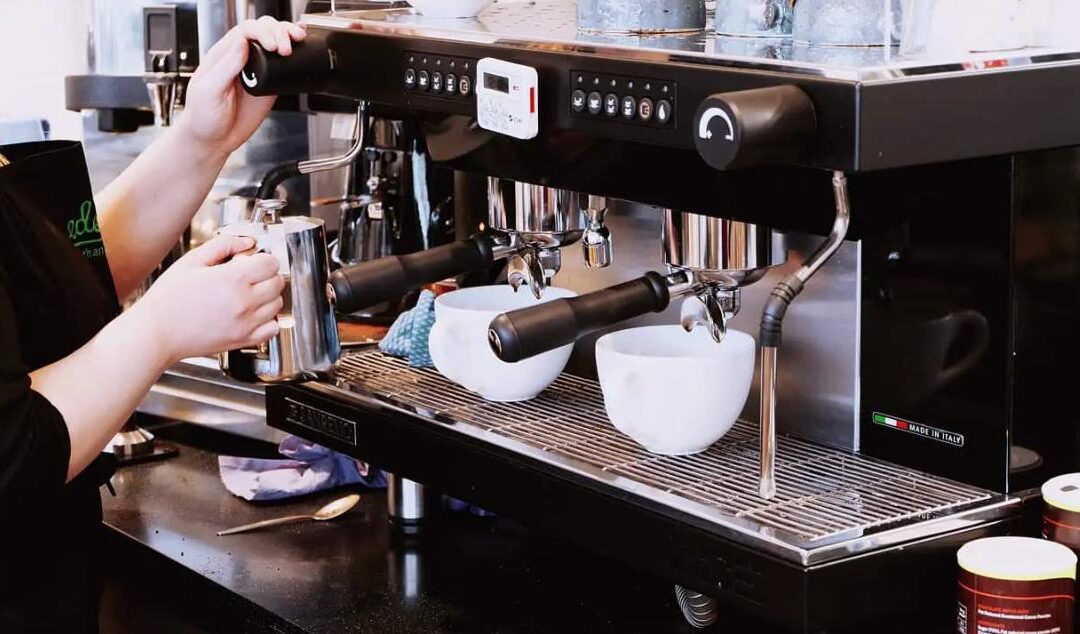Selecting the ideal commercial espresso machine for your café or restaurant is more than a simple purchase; it’s an investment in quality, efficiency, and customer satisfaction. With many options available, knowing what to prioritise can save you time, money, and frustration.
Below are seven key factors with actionable insights to guide your choice.
1. Brewing Capacity for Peak Hours
Estimate your peak service demands. For instance, a busy café serving 100+ cups per hour would benefit from a three-group machine, such as the La Marzocco Linea Classic, which offers consistent performance for high volumes. Smaller operations might opt for a two-group machine like the Nuova Simonelli Appia Life, which balances capacity and space efficiency.
2. Build Quality and Longevity
Commercial settings demand durability. Look for machines with brass or stainless steel boilers, as they resist corrosion and handle heavy-duty usage. For example, the Rancilio Classe 11 is known for its robust build and long-lasting components, ideal for high-traffic environments.
3. Precision Temperature Control
Espresso quality hinges on precise temperature stability. Machines with PID technology, such as the Victoria Arduino Eagle One, ensure each shot is extracted at the perfect temperature. This precision is especially crucial for cafés serving single-origin or speciality beans, where slight variations can affect flavour profiles.
4. User-Friendly Features
High-end machines like the Synesso MVP Hydra include pre-programmed recipes, which reduce human error during busy shifts. Additionally, automated cleaning systems streamline maintenance. Consider ease of use for baristas of all skill levels—especially important for locations with high staff turnover.
5. Energy Efficiency for Cost Savings
Energy-efficient models like the Wega Polaris Eco provide significant long-term savings by reducing power consumption during idle periods. Look for machines with certifications like the Energy Star rating, as they not only cut costs but also align with sustainable business practices.
6. Accessibility of Spare Parts and Support
When considering a commercial espresso machine for sale, ensure that spare parts and servicing are easily accessible. Machines from reputable brands often come with better support networks, making it easier to address issues quickly.
7. Aesthetic Appeal for Customer Experience
A striking espresso machine, such as the Faema E61 in chrome, can be a centrepiece in your café. Customers appreciate the visual appeal of professional-grade equipment, which subtly reinforces your commitment to quality.
Conclusion
Choosing the perfect commercial espresso machine involves more than a glance at price tags. By evaluating capacity, durability, features, and aesthetics, you’ll find a machine that meets your business’s unique needs. Whether it’s an elegant showpiece or a high-capacity workhorse, the right machine ensures every cup delivers excellence.

